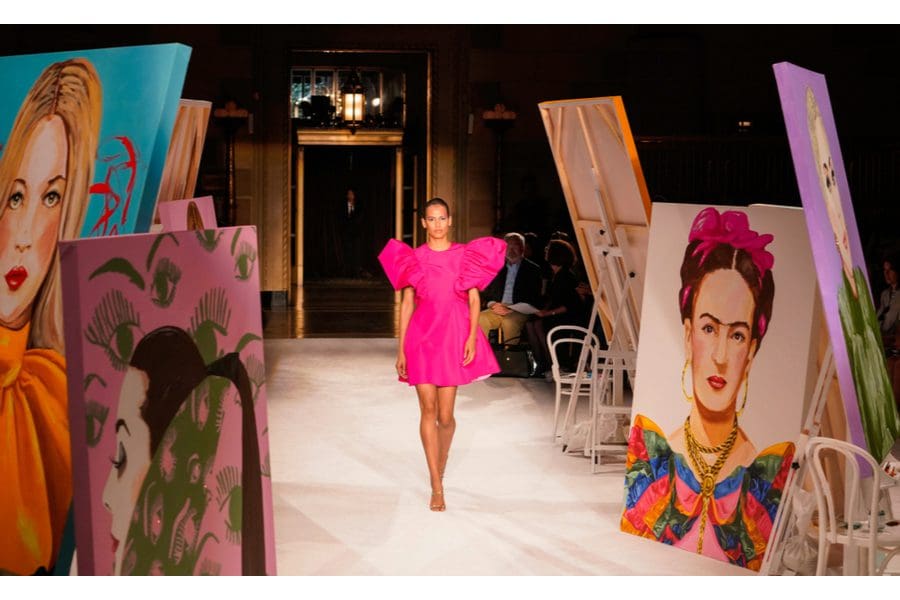As COVID-19 has continued to make changes to normal routines on the national and global scale, almost no industry will be the same way that it once was before. As people return to work, they will see new protocols for their offices, and their morning routine/commute will have a few added steps to secure each person’s safety and well-being.
Fashion in particular has already had to pivot in order to both cater to consumers and keep certain company’s doors open for business long after the virus leaves the world. International Fashion Week shows events such as Men’s London and Paris Fashion Week have already been cancelled. While there have been no direct announcements made towards New York’s Fashion Week in September, these are a few of the options the industry is speculating to occur when it’s once again time to put on the iconic runway shows.
Fashion Shows May Go Virtual
Since September may still be a sensitive time for such an urban city to hold large gatherings, it might not be wise to have several guests attend a show all under one roof. Since the show must go on, they may have to occur with a virtual audience instead. If this does happen, then this might shape the future for all fashion shows in the coming years.
Shows May Ultimately be Postponed
However, for those in the industry that still want the runway looks to be shown in the traditional way, the shows may be postponed until it’s fully safe for any and all visitors to attend without running the risk of contracting the virus. Brands may have to wait to drop new products or they opt to cancel some of their designs for the season.
Brands are Changing their Collection Calendars
While some brands are used to having set seasons, more modern brands have set their calendars to release more seasonal fluid lines. If there are no longer fashion week shows headlining trends for the season ahead, then this may give designers the freedom to change the way they follow their own collection calendars.
The Fashion Industry Will Scale Back on Production
Fast fashion has been a trend in production that has not only taken a toll on the environment, but it has also changed the way in which designers produce their work on a daily basis. By scaling back on the type of production the world has only started getting used to,
the environment may be able to breathe and fashion brands won’t produce as much waste. Instead, they have the opportunity to work on core styles for their target market.







